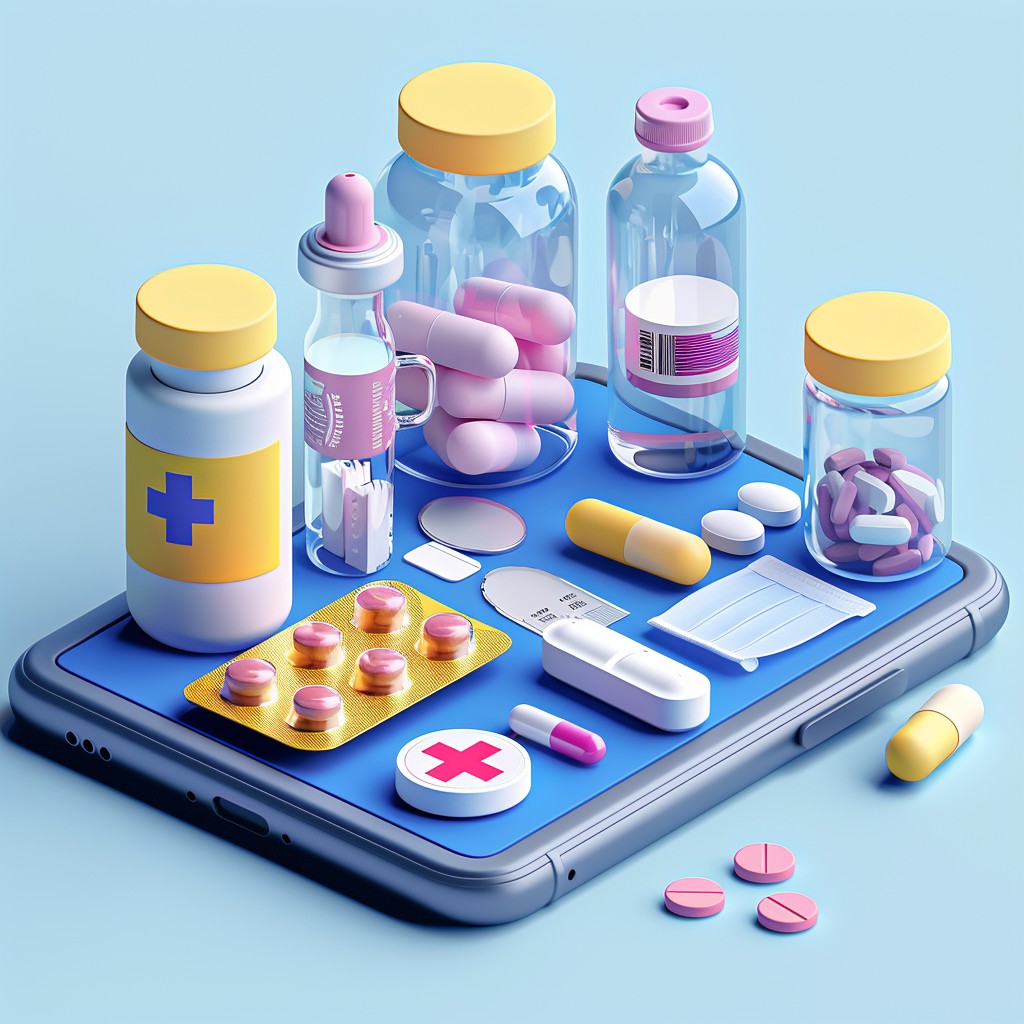
LGBTQ: Explore the Diverse Spectrum of LGBTQ Identities
The term “LGBTQ” represents a diverse spectrum of identities and communities, encompassing Lesbian, Gay, Bisexual, Transgender, and Queer (or Questioning). Over the years, this acronym has expanded to include a broader range of identities, sometimes being extended to LGBTQIA+ to encompass Intersex, Asexual, and other non-cisgender or non-heteronormative identities. The LGBTQ community is diverse, vibrant, and represents a wide range of experiences, expressions, and struggles. This article will explore what each letter in LGBTQ stands for, the challenges faced by the community, and the ongoing fight for equality and acceptance. Understanding LGBTQ Identities Lesbian (L): Refers to women who are romantically, emotionally, or sexually attracted to other women. The term has been around for centuries and its origin can be traced back to the Greek island of Lesbos, the home of poet Sappho, who is often regarded as a symbol of female homosexuality. Gay (G): Generally refers to men who are romantically, emotionally, or sexually attracted to other men. However, it is also used as a broad term to describe anyone attracted to the same gender. Bisexual (B): Describes individuals who are attracted to more than one gender. Bisexuality is often misunderstood and misrepresented, with myths suggesting that bisexual individuals are confused or going through a phase. However, bisexuality is a valid and distinct sexual orientation. Transgender (T): A broad term used for individuals whose gender identity or expression does not align with the sex they were assigned at birth. This includes trans men (those assigned female at birth but identify as male), trans women (those assigned male at birth but identify as female). It non-binary or genderqueer individuals Who do now no longer perceive strictly as male or female. Queer/Questioning (Q): “Queer” is an umbrella term that encompasses a range of sexual orientations and gender identities that do not fit into the traditional norms. The term has reclaimed by many within the community as a positive form of self-identification, though some may still find it offensive due to its historical use as a slur. “Questioning” refers to individuals who are exploring or unsure of their sexual orientation or gender identity. Intersex (I): Refers to people who are born with physical sex characteristics (such as chromosomes, gonads, or genitals) that do not fit typical definitions for male or female bodies. Intersex people may or may not identify as part of the LGBTQ community. Asexual (A): Describes individuals who experience little or no sexual attraction to others. Asexuality is distinct from celibacy; it’s about a lack of sexual attraction rather than a choice to abstain from sexual activity. + (Plus): This symbol represents the inclusion of other identities not explicitly covered by the other letters, such as pansexual, demisexual, genderfluid, genderqueer, agender, and more. Overview of the LGBTQ Rights Movement The LGBTQ rights movement, which originated in the mid-20th century, advocates for equal rights and protections for lesbian, gay, bisexual, transgender, and queer individuals. The movement has focused on several key areas, including: Decriminalization: Decriminalization of same-sex relationships aimed to repeal or invalidate laws criminalizing consensual sexual activity. Anti-Discrimination Laws: The movement advocates for comprehensive anti-discrimination laws protecting LGBTQ individuals in employment, housing, education, and public accommodations. Marriage Equality: The LGBTQ rights movement advocates for marriage equality, challenging heterosexual laws, with the 2015 US Supreme Court decision legalizing same-sex marriage nationwide. Transgender Rights: The movement advocates for transgender rights, legal recognition, healthcare access, discrimination protection, and elimination of barriers. Visibility and Acceptance: The movement promotes LGBTQ visibility and acceptance and combats stereotypes through media representation and cultural awareness. Challenges Faced by the LGBTQ Community While significant progress has made in many parts of the world toward LGBTQ rights and acceptance, numerous challenges persist. Some of these challenges include: Discrimination and Prejudice: Despite growing acceptance in many societies, LGBTQ individuals still face widespread discrimination in employment, housing, healthcare, and public accommodations. This discrimination can manifest in both overt actions, such as hate crimes and violence, and more subtle forms, like microaggressions and exclusionary practices. Mental Health Issues: Due to societal pressures, discrimination, and a lack of acceptance, LGBTQ individuals are at a higher risk for mental health issues such as depression, anxiety, and suicide. LGBTQ youth are particularly vulnerable, with a disproportionately high rate of suicide attempts compared to their heterosexual and cisgender peers. Access to Healthcare: Many LGBTQ individuals face barriers to accessing healthcare that is affirming and competent. For example, transgender individuals may struggle to find healthcare providers who are knowledgeable about gender-affirming care, while gay men may face stigma when seeking treatment for sexually transmitted infections (STIs). Legal Inequality: In many countries, LGBTQ individuals do not have the same legal rights as their heterosexual and cisgender counterparts. This includes lack of protection from discrimination, inability to marry or adopt children, and criminalization of same-sex relationships. Social Stigma and Rejection: LGBTQ individuals often face rejection from their families, communities, and religious institutions. This social stigma can lead to feelings of isolation, low self-esteem, and challenges in forming supportive relationships. Violence and Hate Crimes: Hate crimes against LGBTQ individuals, especially transgender women of color, are alarmingly high. Physical violence, harassment, and even murder are harsh realities that many in the community face. Advocacy and Support: How to be an Ally Being an ally to the LGBTQ community means actively supporting and advocating. This is for equal rights, inclusion, and respect for LGBTQ individuals. Here are a few approaches to be an powerful ally: Educate Yourself and Others: Understanding the diverse experiences within the LGBTQ community is the first step toward advocacy. Reading books, watching documentaries, and following LGBTQ activists and organizations can provide valuable insights. Speak Up Against Discrimination: Challenge homophobia, transphobia, and biphobia whenever you see them, whether in your workplace, community, or online. Silence can see as complicity. Support LGBTQ Organizations: Many organizations work tirelessly to advocate for LGBTQ rights, provide resources, and offer support. Donating time or money to these organizations can help them continue their vital work. Respect Pronouns and Names: Use the correct pronouns and








